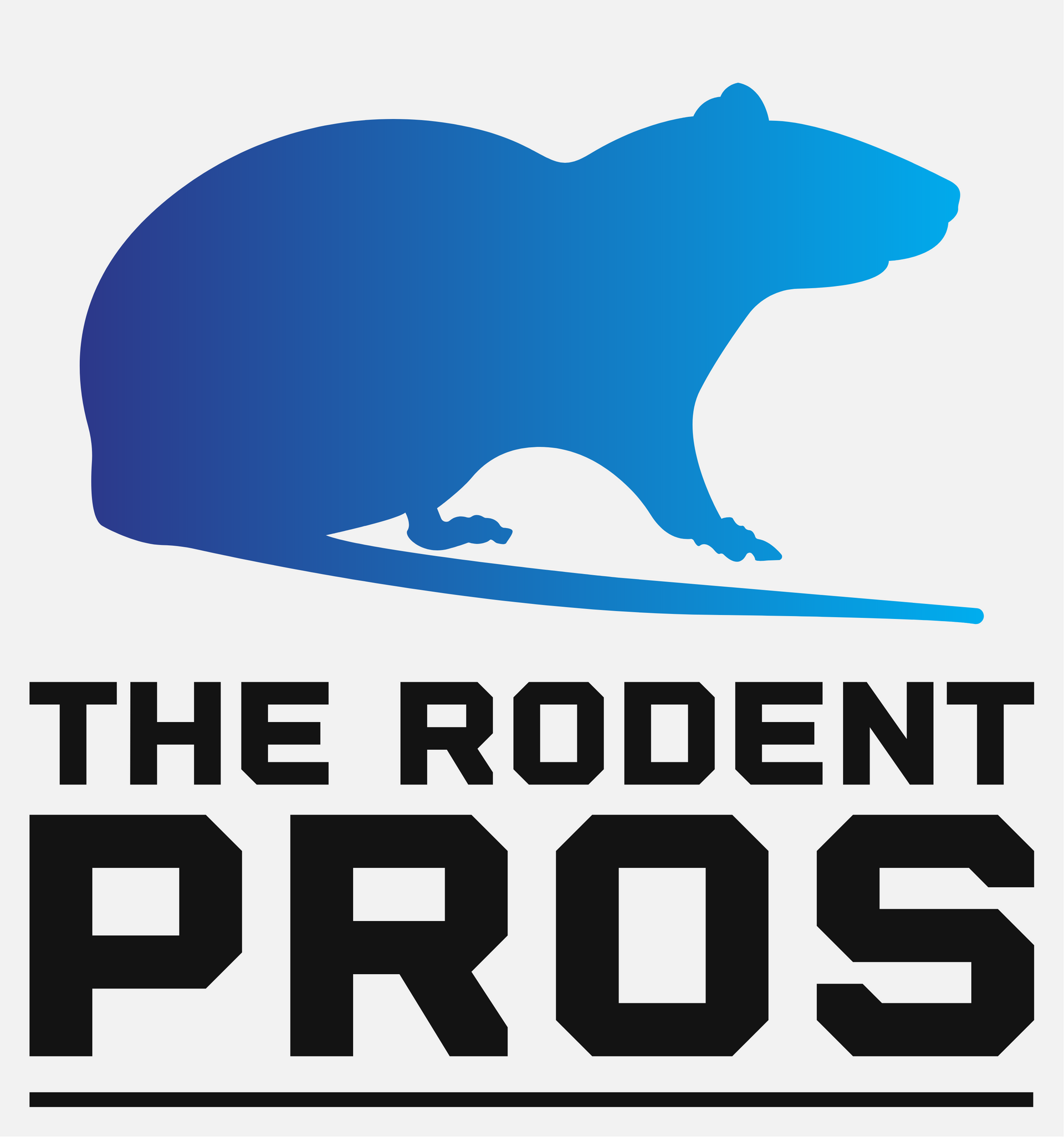
Rodent Control In Madeira Beach
The Rodent Pros Offer rodent trapping, rodent removal, rodent exclusion, rodent sanitation and rodent remediation services to all cities within a 50 miles radius of Tampa Florida.
To Call and schedule a free inspection click here
Madeira Beach, a picturesque coastal community in Florida, has been facing a rodent problem that has increasingly become a concern for residents and local authorities. This issue, while not uncommon in coastal areas, has been amplified by several contributing factors unique to Madeira Beach. The presence of rodents poses significant health risks and undermines the quality of life, prompting various efforts to tackle the infestation.
One of the primary factors contributing to the rodent problem in Madeira Beach is its geographical location and climate. Situated along the Gulf of Mexico, Madeira Beach experiences a warm and humid climate that provides an ideal environment for rodents to thrive. The mild winters do not naturally curb the rodent population, allowing them to remain active and reproduce year-round. This constant cycle of breeding can quickly lead to an overpopulation of rodents if not adequately controlled.
The dense urban environment of Madeira Beach also plays a role in exacerbating the rodent issue. The close proximity of residential and commercial buildings provides numerous hiding places and nesting sites for rodents. Older buildings with deteriorating structures offer easy entry points, while the abundance of food sources from restaurants, markets, and homes further attract these pests. The vibrant tourism industry, while beneficial to the local economy, also contributes to the waste and litter that can sustain a rodent population.
Human behavior and practices significantly influence the rodent problem in Madeira Beach. Improper waste disposal and management practices, such as overflowing garbage bins and the improper storage of food waste, provide ample food sources for rodents. Outdoor dining and barbecues, common in this beach community, often leave behind food scraps that attract rodents. Additionally, the practice of feeding wildlife, whether intentionally or unintentionally, can contribute to the problem by providing additional food sources for rodents.
The natural landscape of Madeira Beach, including its lush vegetation and water bodies, offers an ideal habitat for rodents. Overgrown vegetation and dense foliage provide shelter and nesting sites, while canals and other water sources offer easy access to water. These natural features, while beautiful, create a challenging environment for controlling the rodent population. Efforts to manage the landscape and reduce hiding places are crucial in addressing the infestation.
Health risks associated with a rodent infestation are significant and cannot be ignored. Rodents are known carriers of various diseases, such as leptospirosis, hantavirus, and salmonella, which can be transmitted to humans through direct contact, rodent bites, or contaminated food and surfaces. Additionally, rodent droppings and urine can exacerbate respiratory issues, including asthma and allergies. These health concerns underscore the importance of addressing the rodent problem promptly and effectively.
Efforts to control the rodent population in Madeira Beach have included both community initiatives and government interventions. Residents are encouraged to take preventive measures, such as sealing entry points in homes, maintaining cleanliness, and properly storing food and waste. The local government has increased pest control measures, including baiting and trapping programs, and has worked on improving waste management systems to reduce food sources for rodents. Public education campaigns aim to raise awareness about the importance of proactive measures in reducing rodent habitats and food sources.
Local businesses, particularly those in the hospitality and food service industries, play a crucial role in addressing the rodent problem. Implementing stringent waste management practices, ensuring proper food storage, and maintaining cleanliness are essential steps businesses can take to reduce rodent attractions. Collaboration between businesses and local authorities is vital to create a comprehensive approach to pest control that benefits the entire community.
In conclusion, the rodent problem in Madeira Beach is a complex issue influenced by climate, human behavior, urban environment, and natural landscape. The health risks associated with rodent infestations highlight the need for comprehensive and sustained efforts to manage and reduce the rodent population. Through a combination of community action, government intervention, and individual responsibility, Madeira Beach can work towards mitigating the rodent problem and ensuring a healthier, more pleasant environment for its residents and visitors.
600 Cleveland Street
suite 374

